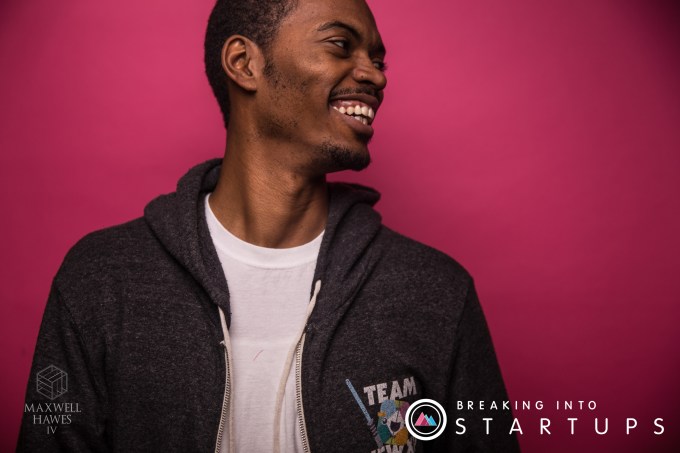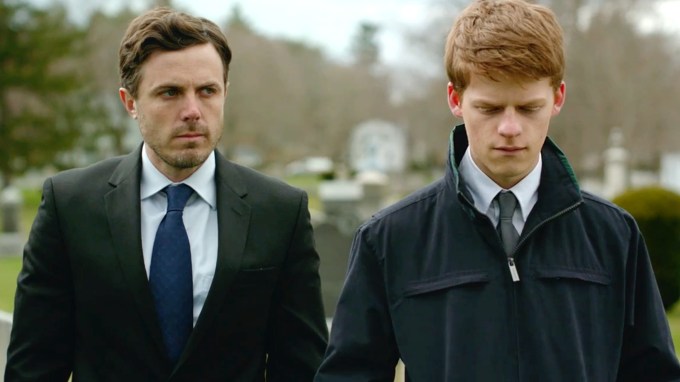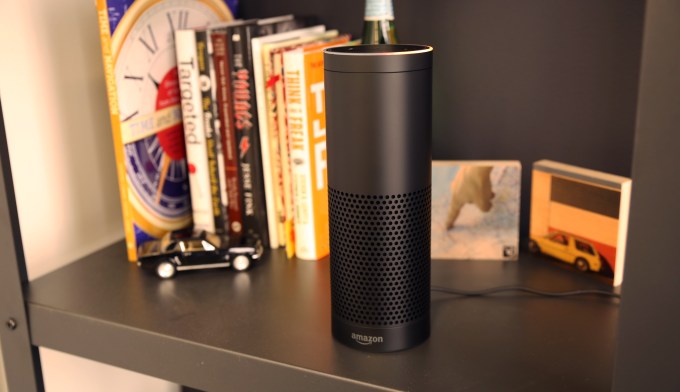It lets us off the hook in many ways. It creates systems and momentum and eliminates many decisions for its members.
"I'm just doing my job."
"That's the way the system works."
Most of all, it gives us a structure to lean against, a way of being in the world without always understanding the big picture or the side effects or the implications of our actions. Bureaucracy, the organizational imperative, the system of meetings and people and leverage—it keeps us sane.
The one thing it can't do, though, is let you off the hook.
When you write your history, and when others judge you, they will not accept that you had no choice. What you did when it felt like it was too difficult to say 'no' is precisely who you are.
We remember the people who said 'no' when they thought they had no good options. And we remember the people who went along as well.
We get the benefits of bureaucracy, but we also have to accept the costs. And the biggest one is that we're required to own our actions, to speak up, stand up and act up when we're asked to do the wrong thing.
The alternative is to lose our agency and to accept that we're no longer human.

from Seth Godin's Blog on marketing, tribes and respect http://feeds.feedblitz.com/~/275430564/0/sethsblog~What-bureaucracy-cant-do-for-you.html
 his week’s Breaking Into Startups episode features Rodney Urqhart who talks about how he acquired the skills to become a Senior Engineer at Slack after he dropped out of high school at 16 years old to work at Burger King, Sears, Best Buy, Comcast, Thoughtworks, and Microsoft (Yammer). Read More
his week’s Breaking Into Startups episode features Rodney Urqhart who talks about how he acquired the skills to become a Senior Engineer at Slack after he dropped out of high school at 16 years old to work at Burger King, Sears, Best Buy, Comcast, Thoughtworks, and Microsoft (Yammer). Read More Amazon-owned video game streaming site Twitch announced this morning that it will now sell games directly on its platform – a not entirely surprising expansion for the service where developers are already taking advantage of the site’s social community to get the word out about their games, and engage fans. Games will go on sale this spring, says Twitch, but did not give an…
Amazon-owned video game streaming site Twitch announced this morning that it will now sell games directly on its platform – a not entirely surprising expansion for the service where developers are already taking advantage of the site’s social community to get the word out about their games, and engage fans. Games will go on sale this spring, says Twitch, but did not give an…  So this isn’t the Oscar moment that everyone’s talking about, but it’s also kind of big deal: Manchester by the Sea and The Salesman, both distributed by Amazon Studios, won a collective three Academy Awards tonight. Amazon CEO Jeff Bezos even got a shoutout in Jimmy Kimmel’s opening monologue. Manchester by the Sea won for Best Actor (Casey Affleck, who won…
So this isn’t the Oscar moment that everyone’s talking about, but it’s also kind of big deal: Manchester by the Sea and The Salesman, both distributed by Amazon Studios, won a collective three Academy Awards tonight. Amazon CEO Jeff Bezos even got a shoutout in Jimmy Kimmel’s opening monologue. Manchester by the Sea won for Best Actor (Casey Affleck, who won…  From ‘Hey Alexa’ to Hello Moto, Motorola has announced a partnership with ecommerce giant Amazon that will see the latter’s voice assistant tech embedded natively into most of Motorola’s devices in future. “Later this year will see deep integration of Alexa on Motorola smartphones with Alexa wake-up words. There won’t be any keys to press, no screen to…
From ‘Hey Alexa’ to Hello Moto, Motorola has announced a partnership with ecommerce giant Amazon that will see the latter’s voice assistant tech embedded natively into most of Motorola’s devices in future. “Later this year will see deep integration of Alexa on Motorola smartphones with Alexa wake-up words. There won’t be any keys to press, no screen to…  Late last year, it was revealed that Amazon’s Echo had become a key piece of evidence in an on-going murder investigation in Arkansas dating back to 2015, as police sought access to voice recordings from the smart home assistant. Now the tech giant is firing back, arguing that both user commands and Alexa’s responses constitute protected speech. In a lengthy filing issued late…
Late last year, it was revealed that Amazon’s Echo had become a key piece of evidence in an on-going murder investigation in Arkansas dating back to 2015, as police sought access to voice recordings from the smart home assistant. Now the tech giant is firing back, arguing that both user commands and Alexa’s responses constitute protected speech. In a lengthy filing issued late…